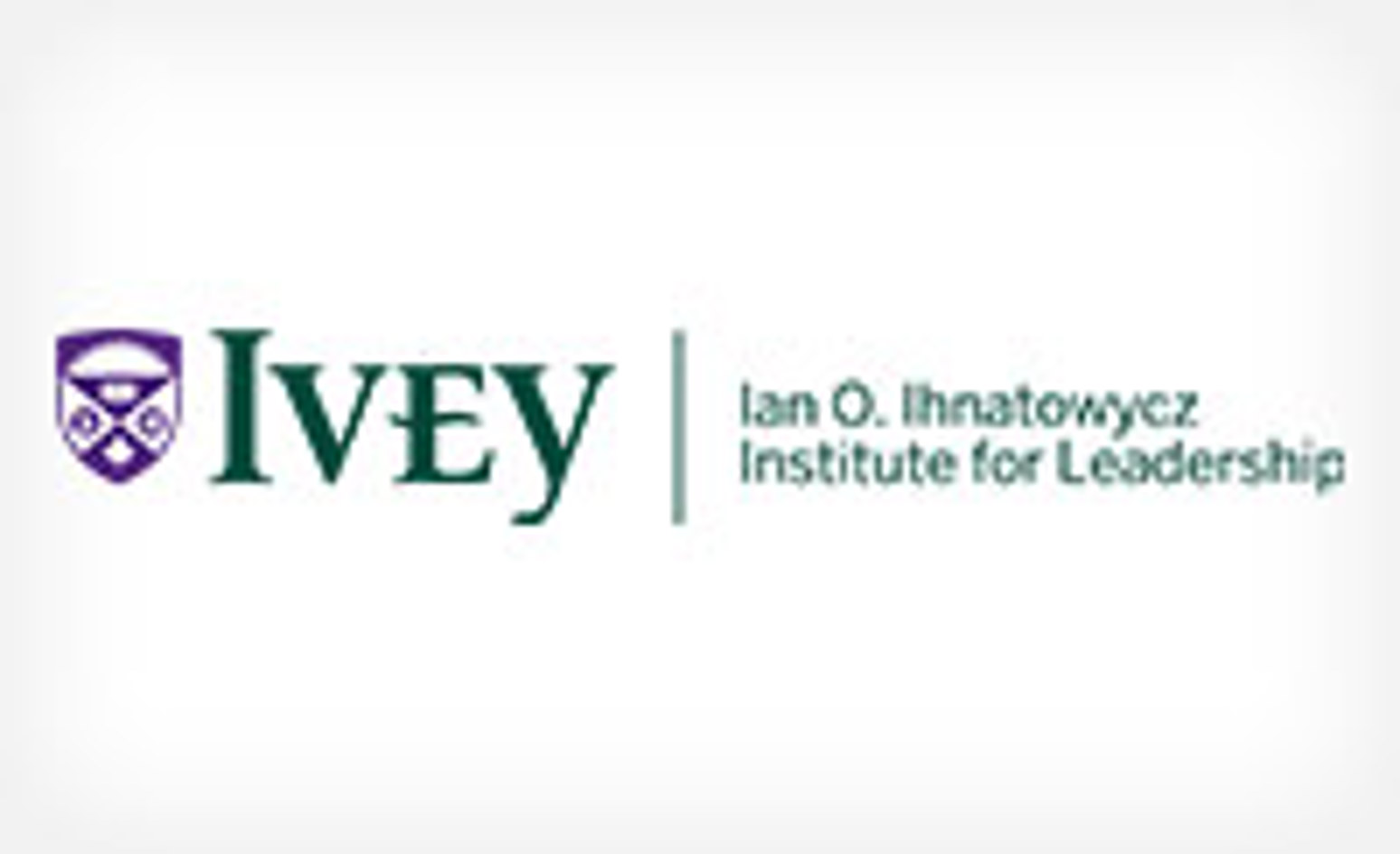As the recent ruling in Nortel's accounting scandal makes clear, there is a big difference between questionable judgment and illegal behavior. And as anyone who watches allegations of corporate wrong-doing in this country can tell you, the ranks of acquitted Canadian business executives might eventually be joined by the former executives of SNC-Lavalin currently under suspicion of bribery.
That said, it is important to note that not guilty verdicts are not judgments on the quality of anyone's leadership. In other words, it is possible to be vindicated by a court of law and still be guilty of poor leadership. Nortel was once a stock market darling that attracted investors large and small, but we now know the bankrupt Telco play was never really the solid company that most shareholders imagined because aggressive accounting blurred the real picture. SNC-Lavalin used to boast about its governance. The company motto is, "We Care: Integrity in Everything We Do." And yet, even if no charges are upheld against any of its former officers, the missing of millions of dollars have forced the SNC-Lavalin board to issue an improved code of ethics.
There are plenty of good leaders in the marketplace. The financial crisis highlighted that the world needs more of them. Educators and corporate boards alike need to learn more from the many organizational leaders who routinely safely navigate market meltdowns and avoid reputation-destroying scandals.
Leadership is more than simply having the word CEO, captain, principal, chief, president and so forth beside your name. Leadership comes with a set of responsibilities and expectations. What does it take to be good at it? I have been exploring this question by sitting down with high-profile leaders of corporations, sports, military units and not-for-profit organizations. And it has become clear to me that good leaders are not born. They are crafted through a combination of trial and error and a willingness to accept a never-ending process of on-the-job training. The strength of the leader's character is a recurring theme.
In the words of Eileen Mercier, the Board Chair of Ontario Teachers' Pension Plan, "you must be strong enough to make reputation your first, last and most important consideration." Indeed, good leaders won't flirt with crossing lines because they won't risk tarnishing the company's reputation by embarrassing actions that need to be defended by lawyers or raise eyebrows in the court of public opinion.
Being a good leader isn't easy. Nobody cares about excuses. "There's no credit for trying; there's credit in mission accomplishment," says Lt. Gen. Russel Honoré (Ret.) who led the U.S. military's response to the devastation of New Orleans by Mother Nature in 2005. But despite the focus on results, Honoré points out that successful ends will not justify any means.
Understanding this is a must for anyone who strives to be a good leader, especially at tech companies under extreme pressure to impress the market with positive financial results or engineering firms that compete for business in environments where corruption is relatively common. Of course, a company's stated values - or guiding posts for action - can be quite inconvenient at times. "There can be no compromises," says John Cheh, Esquel vice-chair and CEO, "because we will not be true to ourselves and our staff. If we say one thing and then behave in an opposite fashion how can we stand up to ourselves, our people, or our customers?"
Simply put, leaders are stewards. And to be truly good at being a steward, it is not enough to post a code of ethics, even if it is posted by executives who expect everyone to follow it. If truth be told, a company's culture is defined by what happens when employees think nobody is looking. As a result, leaders must instill a belief in ethics, which involves far more than requiring workers to pass tests designed to show they know what the company publicly says is accepted behavior. "Leaders must have integrity, character," explains Daniel Akerson, chairman and CEO of General Motors. "People may feel the leader is able, but if you cut corners, if the leader is unethical, he is not going to have the credibility to lead. Nobody will follow."
Gerard Seijts is an Associate Professor of Organizational Behaviour at the Richard Ivey School of Business at Western University and the Executive Director of the Ian O. Ihnatowycz Institute for Leadership.
